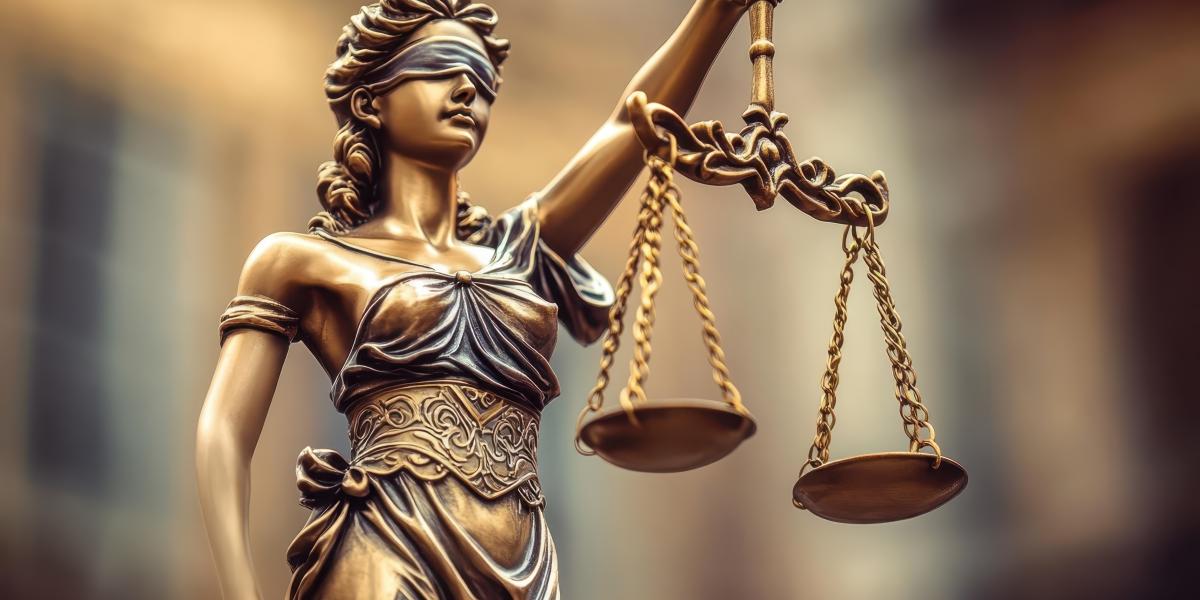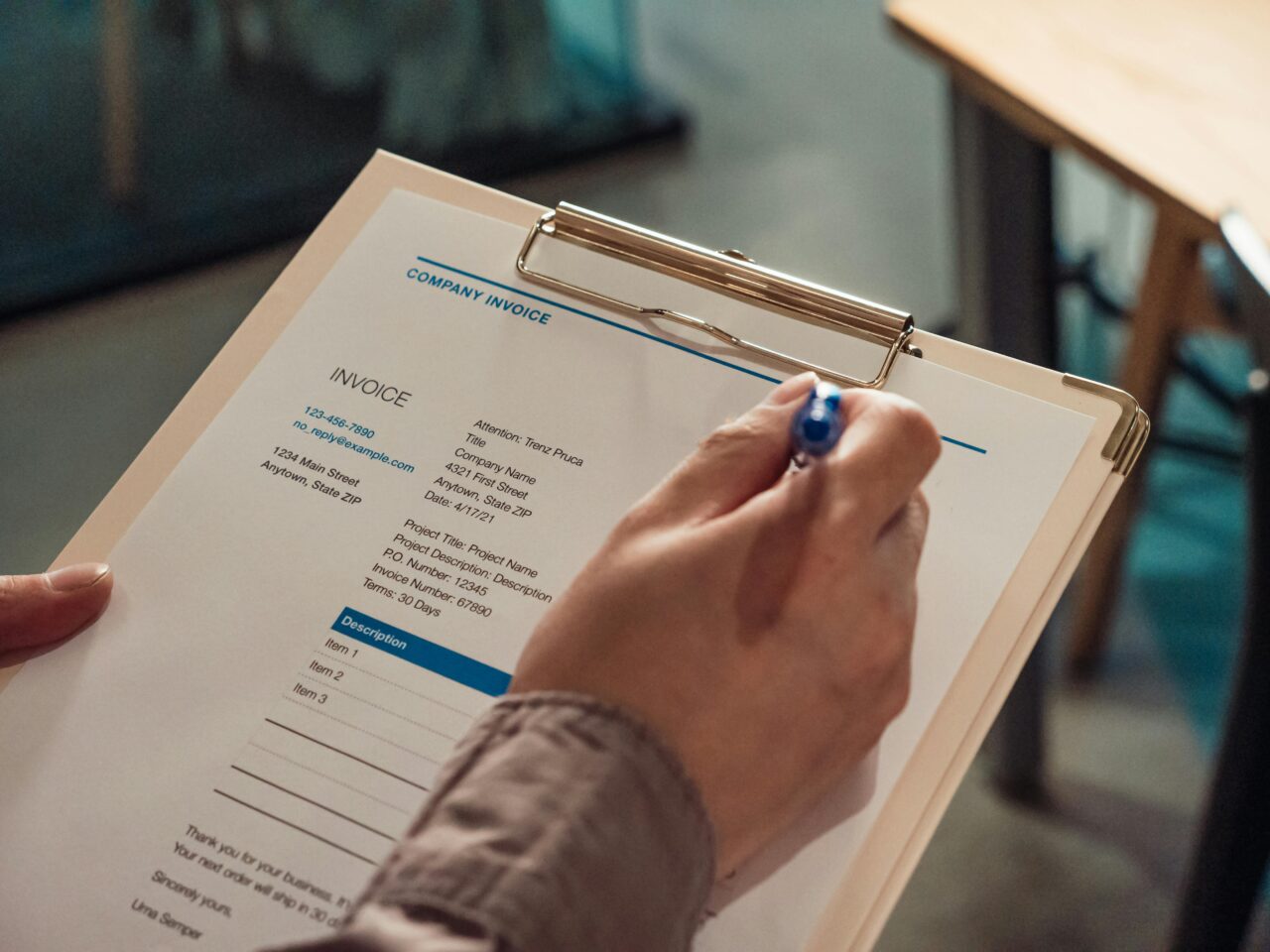© Reuters. FILE PHOTO: Tesla CEO Elon Musk and his security detail depart the company’s local office in Washington, U.S. January 27, 2023. REUTERS/Jonathan Ernst/File Photo
By Jody Godoy
(Reuters) – A lawyer for Tesla (NASDAQ:) Inc shareholders who claim Elon Musk deceived them when he tweeted that he had secured funding to take his electric car company private is expected to make closing arguments to a San Francisco jury on Friday.
A jury of nine will decide whether the tweet artificially inflated Tesla’s share price by playing up the status of funding for the deal, and if so, by how much.
Investors are seeking billions in damages from Musk, Tesla, and several of the company’s directors.
The trial is testing whether Musk, the world’s second-richest person, can be held liable for his sometimes impulsive use of Twitter.
Tesla shareholders have accused Musk of misleading them on Aug. 7, 2018 by tweeting that he was considering taking Tesla private at $420 per share, a 23% premium to its last closing price and valuing the company at $72 billion, and had “funding secured.”
They say Musk lied when he tweeted later that day that “investor support is confirmed.”
Tesla’s share price traded above where it had been before Musk’s tweets for much of the 10-day period covered by the lawsuit, but fell as it became clear no buyout would happen.
During the three-week trial, jurors heard testimony from witnesses including Tesla directors, Musk’s financial advisors, and Musk himself.
Musk testified funding was not an issue when he sent the tweets. He said he had lined up financing, including a verbal commitment from Saudi Arabia’s sovereign wealth fund, the Public Investment Fund, and could have used his stake in SpaceX to fund the deal.
But Musk admitted on the stand that he lacked specific commitments from potential backers.
The defense team, which also is expected to make closing arguments on Friday, has acknowledged the tweets contained “technical inaccuracies,” but said Musk was focused on making sure small shareholders had the same information as large investors who knew about the potential buyout.








































